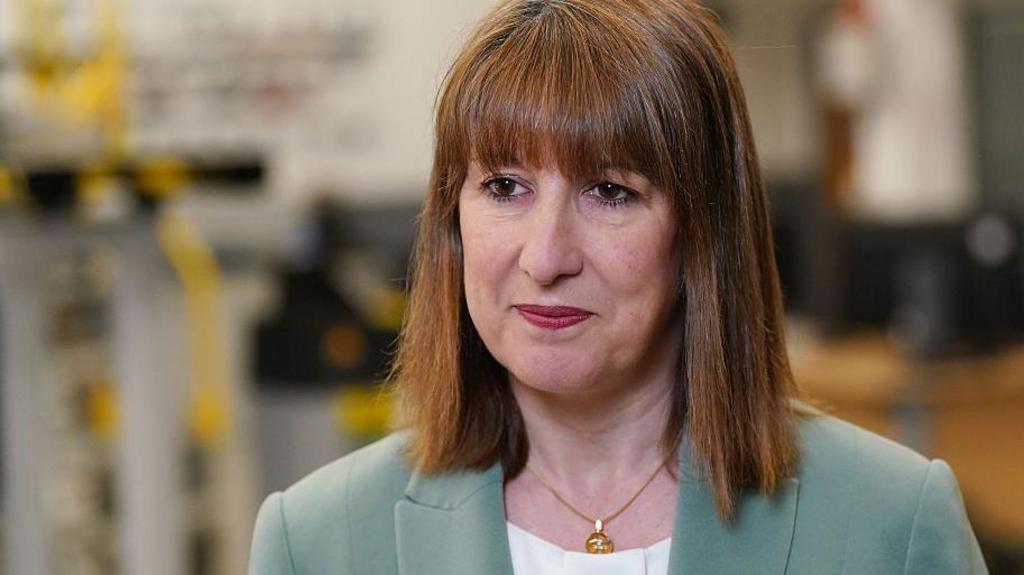UK government borrowing surpassed expectations last month, increasing pressure on Chancellor Rachel Reeves.
The Office for National Statistics (ONS) reported that borrowing, representing the difference between public spending and tax revenue, reached £20.7 billion in June. This figure marks a £6.6 billion increase compared to the same period last year.
The ONS attributed the rise to increased expenditure on public services and debt interest payments, outpacing revenue generated from various taxes, including employer National Insurance contributions, which were raised in April.
Analysts suggest that the Chancellor may need to consider tax increases during the Autumn Budget, particularly following the government’s reversal of benefit cuts previously intended to achieve substantial savings.
The latest borrowing figure represents the second-highest June total since monthly records began in 1993, exceeded only by June 2020, which was significantly affected by the pandemic, according to the ONS.
Dennis Tatarkov, senior economist at KPMG UK, stated that the data “piles more pressure on public finances.”
“Furthermore, the longer-term outlook for public finances remains difficult. Recent U-turns on welfare and persistent growth headwinds could open a gap against fiscal targets, which could require further tax rises or spending cuts in the Autumn Budget.”
The ONS also reported that interest payments on government debt rose to £16.4 billion in June 2025, nearly double the amount paid during the same period last year.
This increase is attributed to a rise in the rate of inflation, as interest payments on some government debt are linked to the Retail Prices Index (RPI) measure of inflation.
Borrowing in the first three months of the current financial year has reached £57.8 billion. While this represents a £7.5 billion increase from the same period in 2024, it aligns with forecasts from the Office for Budget Responsibility (OBR), the official independent forecaster.
Despite this alignment, Alex Kerr, UK economist at Capital Economics, cautioned that “things will probably get worse for the chancellor.”
“We think that she will need to raise £15-25bn at the Budget later this year, with higher taxes doing most of the heavy lifting.”
Mr. Kerr added that the ONS figures suggest “the recent weakness in the labour market is weighing on [tax] receipts,” and this trend may persist “with underlying economic growth still weak.”
Recent growth figures indicate that the UK’s economy contracted in both April and May.
Last month, Chancellor Reeves did not rule out potential tax increases.
Speculation has arisen regarding a possible extension of the freeze on income tax thresholds, currently set to end in 2028. This freeze gradually pushes more individuals into higher tax brackets over time.
The Chancellor is adhering to two primary rules for government finances:
During a session with the Economic Affairs Committee in the House of Lords, Reeves emphasized that adherence to these fiscal rules was “non-negotiable,” as they provide stability to the economy and reassure “government bondholders, giving them the confidence to carry on buying those bonds.”
“We are still very reliant on the goodwill of strangers in buying our government bonds,” she said, echoing similar comments made by Mark Carney, the former Bank of England governor who is now the prime minister of Canada.
“I’m going to stick to those fiscal rules so we can bring down the cost of servicing that debt,” she added.
Reeves also defended the decision to increase National Insurance Contributions for businesses, a policy that has been criticized by many firms.
She said the money raised from such tax increases “put our public finances on a firm footing, and also enabled us to put that additional money, £29bn extra a year into the National Health Service. So they were the right decisions in the circumstances.”
In response to the latest borrowing figures, Shadow Chancellor Mel Stride stated: “Rachel Reeves is spending money she doesn’t have. Debt interest already costs taxpayers £100bn a year – almost double the defence budget.”
Unemployment in Scotland is down while it has risen in the rest of the UK, but can the figures be trusted?
The economy contracted in May for the second month in a row, adding to pressure on the chancellor.
Sir Robert Chote quits as head of UK Statistics Authority, the body responsible for overseeing the Office for National Statistics.
In a year 46% of cases had “evidential difficulties”, like alleged victims not supporting action.
Problems at the Office for National Statistics, which provides data informing policy decisions affecting millions, need to be addressed so it can rebuild its reputation, a review says.

